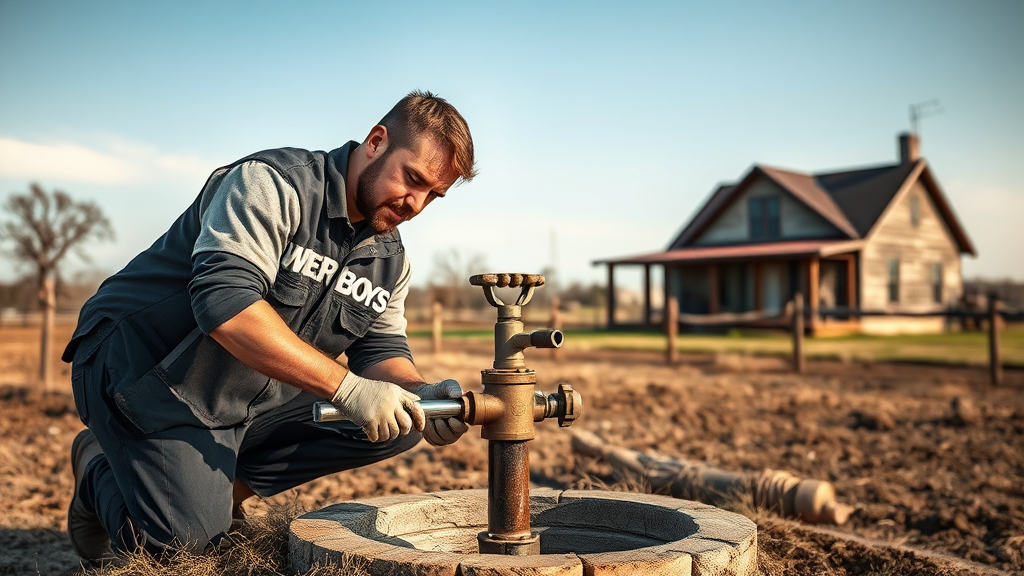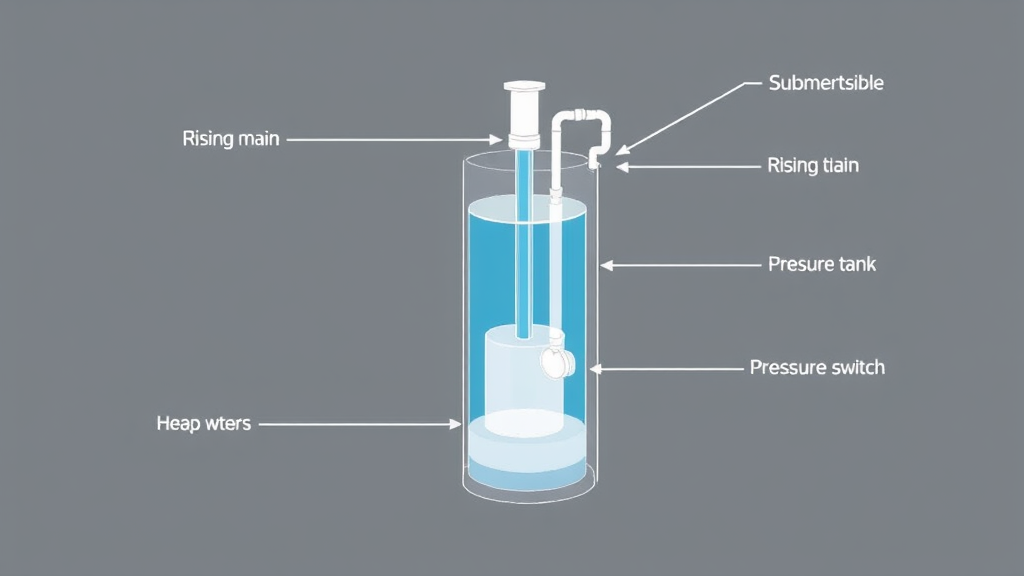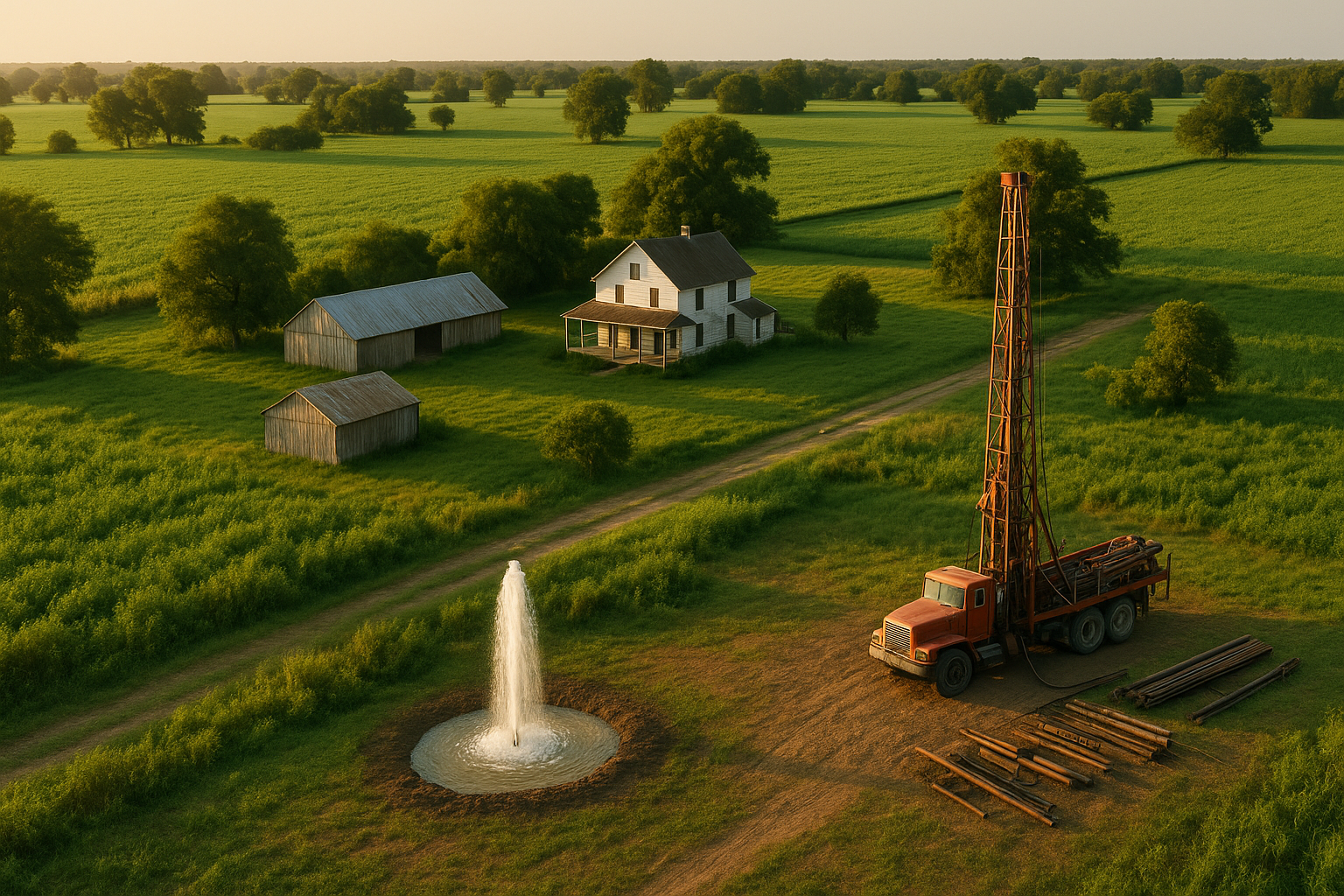Most groundwater in Louisiana is “hard,” loaded with calcium, magnesium, and iron. A water softener from Water Boys erases scale build-up, extends appliance life, and improves taste. Below, learn how softeners work, which water tests you need, and the upkeep schedule that safeguards your family’s quality water.
What Makes Water Hard?
Limestone-rich geology in the Vermilion Basin
• Clay layers releasing soluble iron
• Deep wells (>150 ft) drawing mineral-dense aquifers
How a Water Softener Works
- Raw water flows into an ion-exchange resin tank.
- Calcium and magnesium cling to the resin; sodium ions swap places.
- Brine rinse regenerates the resin beads.
- Softened water feeds your home’s plumbing.
Essential Water Tests
• Total hardness: soft (<75 ppm) to very hard (>180 ppm)
• pH target: 6.5–8.5
• Total iron: keep below 0.3 ppm
• Coliform bacteria: test after floods or hurricanes
Maintenance Schedule
Refill salt every 4–6 weeks (≥99.5 % purity)
• Annual sanitization with 50 ppm bleach solution
• Replace resin every 7–10 years
• Inspect bypass valve for quick shutdowns
Immediate Benefits
Up to 50 % less soap and detergent use
• Softer towels and clothes
• 30 % lower energy costs on water heaters
• No more brown stains on fixtures






